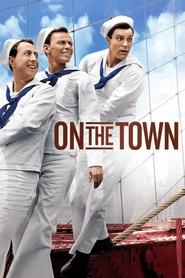
Stranded
Compton's first feature was the autobiographical Stranded, which she wrote, directed, starred in, self-financed and distributed. Released in 1965, the film shares the cinematic experimentation and stylish, youth-centric rebellion of the French New Wave made even more radical by its progressive portrayals of female independence and sexuality, beatnik culture, and discussions of homosexuality. Stranded follows Raina, a young American woman (played by Compton), traveling through Greece with her American lover (Gary Collins), and her French, gay, best friend (Gian Pietro Calasso). Raina partakes in several love affairs rejecting marriage offers for no other reason than she likes her life the way it is. Made just prior to the arrival of second wave feminism, Compton, as writer-director, never judges her on-screen alter-ego the way similar female characters were frequently punished in other films during this era by stigmatizing female sexuality.
- Overview
- Cast
- Crew
- Recommendations
Stranded
- Overview
- Cast
- Crew
- Recommendations
Status
Released
Release Date
May 1, 1965
Runtime
1h 30m
Genres
Drama
User Score
60%
Original Title
Stranded
Production Companies
Compton Films
Director
Juleen Compton
Description
Compton's first feature was the autobiographical Stranded, which she wrote, directed, starred in, self-financed and distributed. Released in 1965, the film shares the cinematic experimentation and stylish, youth-centric rebellion of the French New Wave made even more radical by its progressive portrayals of female independence and sexuality, beatnik culture, and discussions of homosexuality. Stranded follows Raina, a young American woman (played by Compton), traveling through Greece with her American lover (Gary Collins), and her French, gay, best friend (Gian Pietro Calasso). Raina partakes in several love affairs rejecting marriage offers for no other reason than she likes her life the way it is. Made just prior to the arrival of second wave feminism, Compton, as writer-director, never judges her on-screen alter-ego the way similar female characters were frequently punished in other films during this era by stigmatizing female sexuality.
Cast
Crew
Recommendations

Indiana Jones and the Temple of Doom

Dr. Strangelove or: How I Learned to Stop Worrying and Love the Bomb

Spider-Man 2
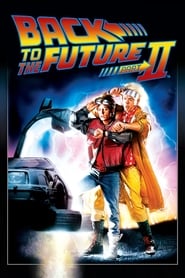
Back to the Future Part II
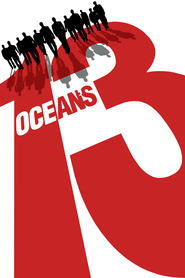
Ocean's Thirteen

Before Midnight

The Matrix Revolutions
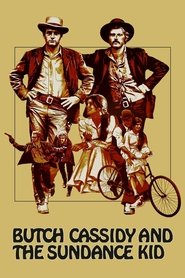
Butch Cassidy and the Sundance Kid
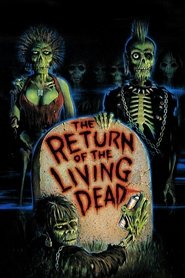
The Return of the Living Dead

Secrets of Palace coup d'etat. Russia, 18th century. Film №5. Second Bride Emperor
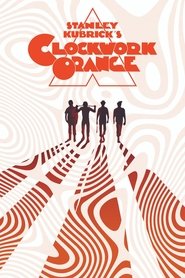
A Clockwork Orange

Leprechaun Returns
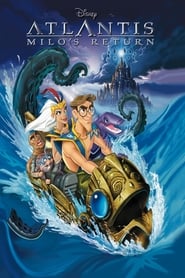
Atlantis: Milo's Return

The Matrix

Return
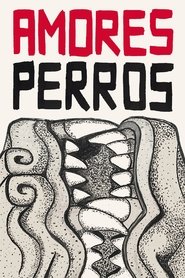
Amores Perros

Autumn Sonata
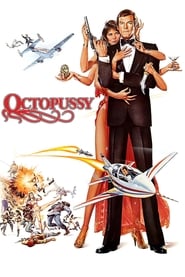
Octopussy

Porco Rosso
